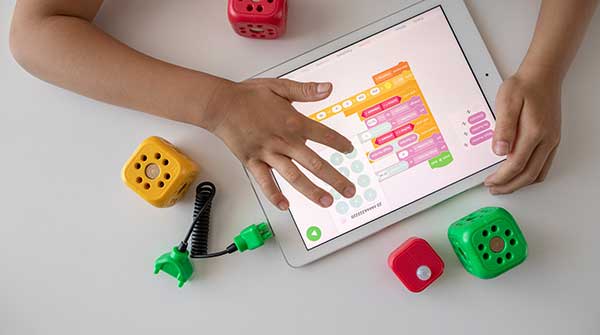
Photo by Robo Wunderkind
Starting to lay that foundation as soon as feasible is essential. It is our duty as parents, educators, and members of society to make sure that kids get the greatest education possible. Both formal and informal schooling fall under this category. Activities that take place outside of the typical classroom environment are considered informal education. Children can gain knowledge and practical skills from these activities that will help them get ready for high school, college, and their future careers.
Engaging kids in entertaining and educational hands-on activities is one strategy to encourage informal education. Parents and educators might plan science experiments, cooking lessons, or art and craft workshops, for instance. These activities can help kids develop crucial abilities like creativity, critical thinking, and problem-solving. These can aid foster a child’s sense of freedom and accountability.
A great place to start encouraging informal education is in kindergarten
Children start learning the fundamentals of reading, writing, and math and other educational activities. Yet kindergarten may also be a place where kids learn practical knowledge, emotional intelligence, and social skills. For instance, kindergarten instructors can plan field trips to nearby zoos, farms, or museums. Children can learn from them how to take care of animals and how to garden. Children can gain knowledge of their surroundings and a love for nature through these activities.
But supporting informal education can also greatly benefit parents and other adults. They can inspire kids to pursue their hobbies in music, sports, or the arts. Children can go with them to cultural events like concerts, museums, and plays. These can aid kids in developing useful skills like budgeting, cooking, or house maintenance. Children can gain a variety of skills through these activities that will be useful to them in the future.
It is impossible to exaggerate the value of informal education
It can assist kids in acquiring the skills and knowledge they’ll need to excel in high school and beyond. Also, it can foster in kids a passion of learning and a feeling of curiosity. Regardless of whether they choose to pursue more education or a career, this passion of learning will benefit them throughout their lives.
To sum up, encouraging informal education is essential for ensuring that kids are ready for high school, college, and their future careers. Informal education can be promoted in a variety of ways, such as through hands-on activities, outings, and letting kids pursue their hobbies. Although kindergarten is a great place to begin, parents and other adults can also significantly contribute to the promotion of informal education. Together, we can make sure that every child receives the education they require to be successful in life.
Recent years have seen a rise in the popularity of online education and activities
particularly during the COVID-19 epidemic. While engaging in online activities has numerous advantages, they shouldn’t completely replace offline ones. These are some comparisons between kids’ online and offline activities. Offline activities frequently give kids more chances to interact with their classmates, which is crucial for their social and emotional development. Internet activities can also offer opportunities for socializing, but they frequently only involve virtual interactions.
Children can have practical learning experiences that can aid in their comprehension of difficult topics through offline activities like scientific experiments or art projects. Online exercises can offer simulations or virtual experiences, but they do not provide the same level of hands-on instruction.
And because they may be accessible from anywhere and at any time, online activities have the potential to be more flexible than offline ones. Families with active schedules or kids who live in remote regions may find this helpful. Offline activities might be more immersive and entertaining, but they also involve more planning and coordination.
Kids can benefit from engaging in both offline and online learning activities: to assist children’s growth and development, it’s crucial to establish a balance between the two and make sure they enjoy a diversity of experiences. Providing a variety of engaging, age-appropriate, and catered to children’s interests and learning styles online and offline activities can benefit parents and educators.
This content is a joint venture between our publication and our partner. We do not endorse any product or service in the article.


